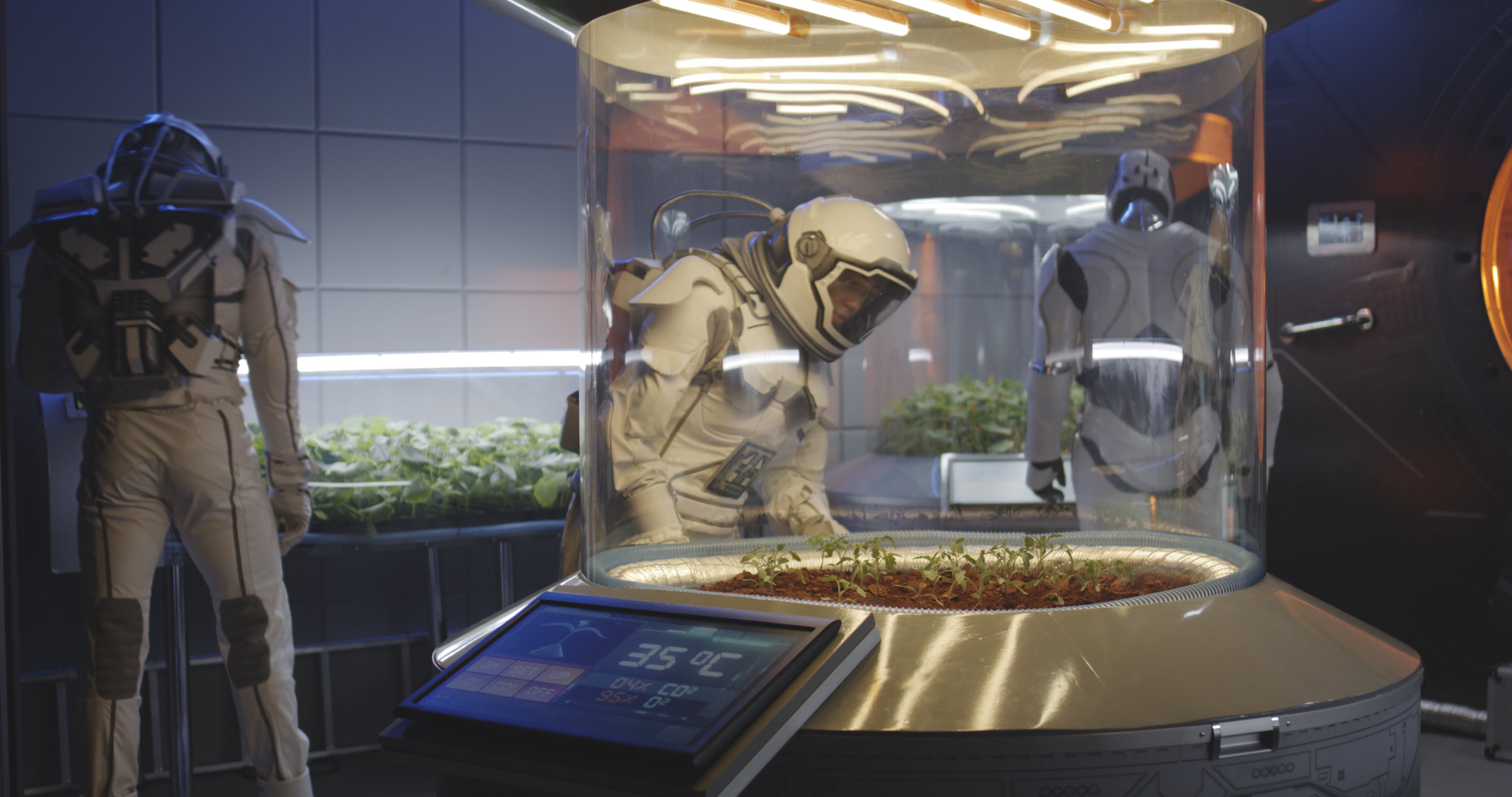Microbes designed to make edible proteins in space could significantly bolster the wider precision fermentation industry, paving the way for more environmentally-friendly food.
Scientists from Imperial College London, Cranfield University, the Bezos Centre for Sustainable Protein and the European Space Agency have collaborated to make a giant leap forward for the future of food tech.
Also including companies Frontier Space and ATMOS Space Cargo, the partnership successfully launched a fully automated miniature microbe laboratory aboard Europe’s first commercial returnable spacecraft, Phoenix, via SpaceX this week.
Astronauts usually take over €23,000/day of food each into space, so producing food themselves in orbit would cut costs. However, it would also prove beneficial closer to home.
Space’s “very harsh” environment is the perfect platform to stress test and boost technologies like precision fermentation, says Dr Rodrigo Ledesma-Amaro from Imperial’s Department of Bioengineering.
How to grow edible proteins in space
“Working on space, planets and spaceship scenarios forces us to think about full recycling of resources and process circularisation,” he says.
“It also makes us think of developing microbial strains that can use a variety of feedstocks, for example CO2 and its derived molecules, and perform robust fermentations that can work on continuous processes for longer.”
Such focuses can “massively” help precision fermentation processes on earth and could pave the way for producing food in more efficient ways and in areas of Earth where it doesn’t usually grow, such as deserts, he says.
The mission comes as a new study calls for food and fuels to be urgently produced with “minimal environmental impacts”.
There is a noticeable gap in the current understanding of bioproduction, despite significant advances, researchers write in Nature Biotechnology.
“In general, precision fermentation has the potential to reduce climate change by using less land to make the same amount of food,” explains Ledesma-Amaro.
“If we consider the use of CO2 and its derivative molecules as feedstocks, which can be obtained using renewable energy.”
What’s next for precision protein in space?
It is hoped the space mission will allow scientists to better understand the technology to make necessary advancements.
“There are many unknows and we need to start by understanding simple things, like the effect of microgravity or radiation on cells,” says Ledesma-Amaro.
Other focuses will be how fermenters will look in space, what the combination of hardware and software will be, as well as bioware.
“That combination is what we are working on at the moment in this collaborative project between my lab, the Bezos Centre for Sustainable Protein, the Microbial Food Hub at Imperial College and the company Frontier Space,” he adds.
During the first experiment, which lasted only a few hours, scientists looked to understand how different yeasts and bacteria, that can produce various vitamins, antioxidants, colours, proteins and textures, perform in space.
“We are interested in studying the effect of launch conditions, storage, microgravity and radiation on the cells,” he says. “We hope that this first study will provide valuable insights to guide new experiments to bring us closer to our goal, produce sustainable and healthy foods both on earth and in space.”
Join FoodNavigator in Chicago in June
Bill Aimutis, co-director and chief operating officer for the Bezos Centre for Sustainable Protein at North Carolina State University will be joining a panel on Scaling Biomanufacturing: Optimizing Facilities and Bioprocess Design at Future Food-Tech in Chicago on June 3, 2025. Join him and 400 industry leaders – global founders, investors, CPGs and food brands – on June 2-3 to identify breakthrough opportunities to bridge supply chain gaps, commercialize alternative ingredients and advance protein diversification.



